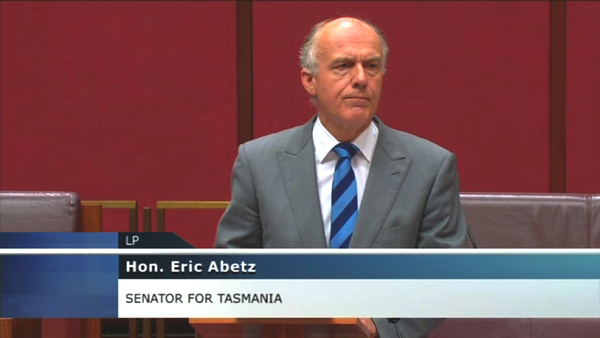
The 9pm Autumn Series 2021 continues with another plunge down the wombat warren of internet disinformation, this time with Elise Thomas from the Institute for Strategic Dialogue.
Continue reading “The 9pm April Fool’s Disinformation Dialogue with Elise Thomas”
